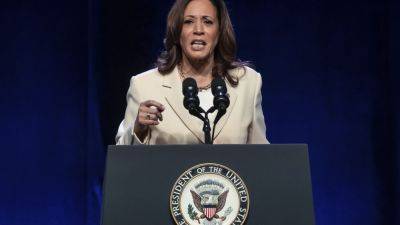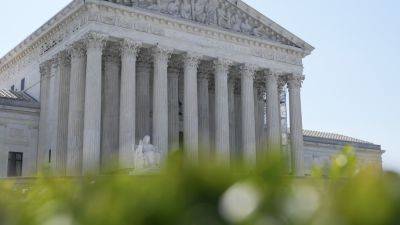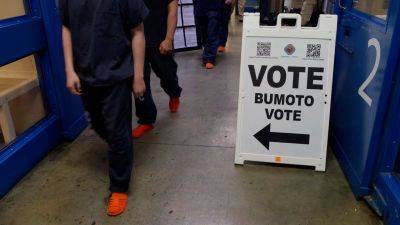Is This the End for Mandatory D.E.I. Statements?
For years, conservatives condemned the use of diversity statements by universities, which ask job applicants to detail their commitment to improving opportunities for marginalized and underrepresented groups.
Critics called such statements dogmatic, coercive and, in one lawsuit seeking to end the practice in California, “a modern day loyalty oath” that recalled when professors were required to denounce the Communist Party.
But the use of diversity statements continued to grow, and eventually became a requisite when applying for a teaching job at many of the country’s most selective universities.That seems to be changing.
Harvard University’s Faculty of Arts and Sciences and the Massachusetts Institute of Technology have each recently announced that they will no longer require diversity statements as a part of their hiring process for faculty posts.
The decisions by two of the nation’s leading institutions of higher learning could influence others to follow suit.
“The switch has flipped as of now,” said Jeffrey S. Flier, the former dean of Harvard Medical School. Many professors on hiring committees, he said, may have been reluctant to voice their concerns about mandatory diversity statements before now. “But I think the large, silent majority of faculty who question the implementation of these programs and, in particular, these diversity statements — these people are being heard.”







